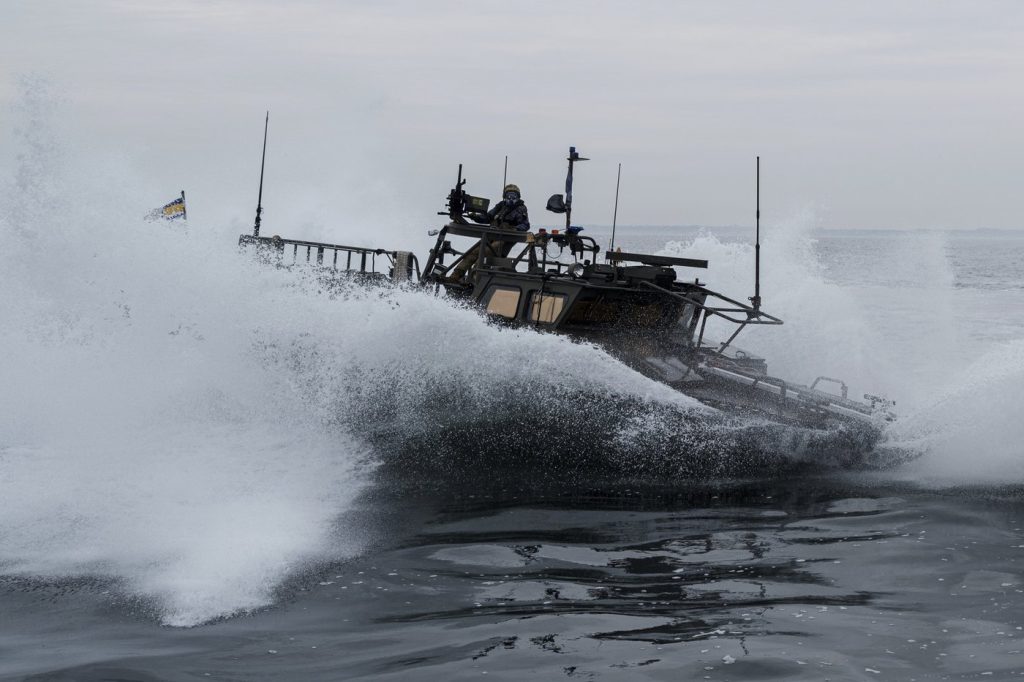On Tuesday, Germany's Foreign Minister Annalena Baerbock visited Kyiv and described U.S. President Donald Trump's efforts to negotiate a ceasefire in the ongoing war between Russia and Ukraine as "deadlocked." She emphasized that due to this stalemate in U.S.-Russia negotiations, the continued support from European allies for Ukraine is "absolutely crucial." Amid these tensions, China's Foreign Minister expressed encouragement that discussions between Washington and Moscow regarding a possible settlement are still ongoing.
Trump criticized both Russian President Vladimir Putin and Ukrainian President Volodymyr Zelenskyy for the prolonged conflict, despite his earlier promises to swiftly halt the fighting. He claimed that progress had been made in negotiations; however, he indicated a possibility of imposing more sanctions on Moscow while also accusing Zelenskyy of attempting to backtrack on a deal concerning Ukraine's mineral resources.
Meanwhile, Putin has repeatedly rejected U.S. proposals for an immediate and complete cessation of hostilities. A suggested partial ceasefire in the Black Sea, which would allow safer shipping routes, has failed due to conditions set by Kremlin negotiators. According to the Institute for the Study of War, a Washington-based think tank, Russia appears to be using its stance on this Black Sea deal to delay a comprehensive ceasefire while seeking additional concessions from the West.
Putin has previously ruled out a temporary halt in fighting, arguing that it would enable Ukraine and its Western allies to replenish military supplies. He stated that Russia seeks a "comprehensive agreement" to guarantee a lasting resolution to the conflict. As both sides prepare for upcoming spring campaigns along the extensive front line, violent exchanges and deadly attacks from both Russia and Ukraine have persisted.
In an unusual development, Russia refrained from launching any Shahed drones at Ukraine overnight, marking the first time in over five months. However, Andrii Kovalenko, head of Ukraine’s Security Council counter-disinformation unit, cautioned that this moment should not be seen as indicative of any shift in Russian strategy.
Ukraine's European allies reaffirmed their commitment to supporting Kyiv in its struggle against the Russian invasion. On the other hand, Putin has been fortified by military assistance from North Korea and Iran. In addition to this support, China has provided both diplomatic backing for Russia and economic assistance, particularly through trade in energy and consumer goods.
Chinese Foreign Minister Wang Yi, during a visit to Moscow, highlighted that some progress has been made in U.S. attempts to end the war, suggesting that U.S.-Russia relations have improved under Trump's leadership. He noted Beijing's support for a "fair, long-term, binding peace agreement acceptable to all parties involved." Wang was set to meet with Russian Foreign Minister Sergey Lavrov, and a meeting with Putin was also anticipated, though the timing was not disclosed.










